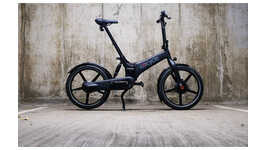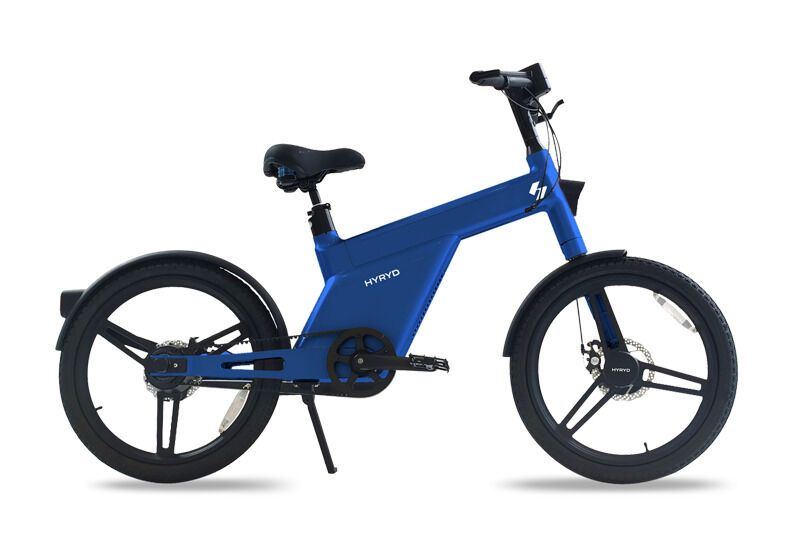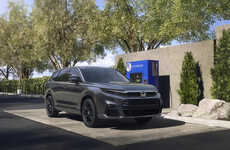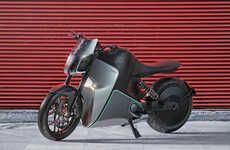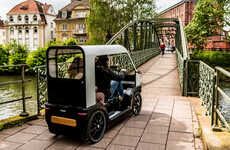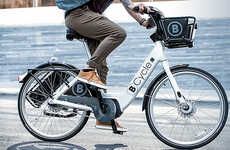
HydroRide Bikes Recharge Exponentially Quicker than Lithium Bikes
Colin Smith — June 18, 2024 — Autos
References: hydroride.eu & newatlas
HydroRide Europe AG has introduced the HYRYD, a line of hydrogen fuel cell-powered ebikes, as a novel solution in the expanding market of electric bicycles. These ebikes are equipped with a 180-W fuel cell that draws energy from hydrogen stored in a 25-cm-tall container pressurized at 1 MPa. Each container provides up to 60 km (37 miles) of range, offering a significant advantage in terms of refueling time compared to traditional Li-ion battery-powered ebikes. The refueling process is remarkably efficient, allowing users to swap out hydrogen canisters in just 3-10 seconds. HydroRide has also developed a compact hydrogen generator that can produce 20 grams of hydrogen from 200 milliliters of purified water in about five to six hours, potentially using solar panels for an eco-friendly hydrogen production.
HydroRide’s HYRYD products are currently targeted at rental businesses rather than individual consumers. This approach suggests that the company is focusing on rideshare schemes and fleet operations, which could benefit from the quick refueling capabilities of hydrogen fuel cells.
Image Credit: HydroRide
HydroRide’s HYRYD products are currently targeted at rental businesses rather than individual consumers. This approach suggests that the company is focusing on rideshare schemes and fleet operations, which could benefit from the quick refueling capabilities of hydrogen fuel cells.
Image Credit: HydroRide
Trend Themes
1. Hydrogen Ebike Refueling - The introduction of hydrogen canisters that can be swapped within seconds disrupts the traditional electric bike market where charging takes hours.
2. Eco-friendly Hydrogen Production - Generating hydrogen from purified water using solar panels aligns with the increasing demand for green and renewable energy sources.
3. Rideshare Hydrogen Ebikes - Focusing on rideshare schemes, hydrogen fuel cell-powered ebikes offer fleet operators a significant reduction in downtime due to the swift refueling process.
Industry Implications
1. Ebike Manufacturing - Ebike manufacturers can explore hydrogen fuel cell technology to offer faster refueling options and longer range capabilities.
2. Renewable Energy - The development of solar-powered hydrogen generators indicates a growing integration with renewable energy sectors.
3. Transportation and Mobility Services - Transportation services can leverage hydrogen fuel cell ebikes to enhance the efficiency and sustainability of rideshare fleets.
8.9
Score
Popularity
Activity
Freshness




